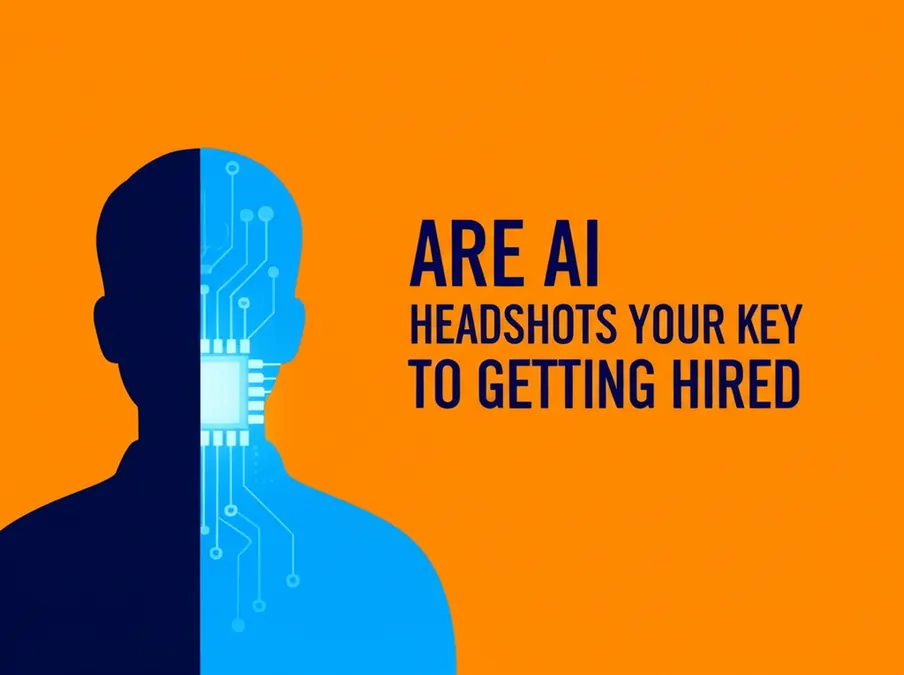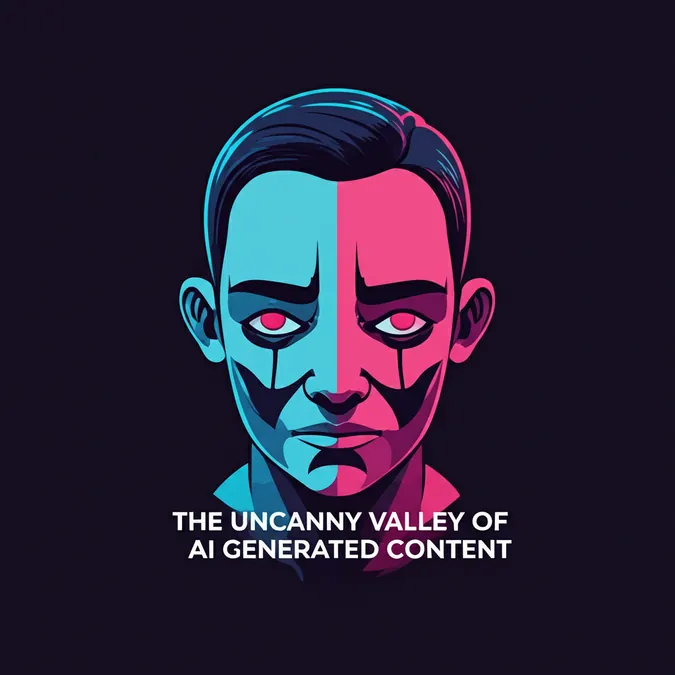Developer Offer
Try ImaginePro API with 50 Free Credits
Build and ship AI-powered visuals with Midjourney, Flux, and more — free credits refresh every month.
Actors Fight for Digital Rights Against AI Body Scans
The Call for a Digital Nudity Rider
In an era of rapid technological advancement, veteran actor Olivia Williams is raising a critical alarm about the use of artificial intelligence in filmmaking. The star of Dune: Prophecy and The Crown argues that performers need robust protections for their digital likenesses, similar to the established controls they have for nudity scenes.
Actors are frequently pressured to have their bodies scanned by sophisticated camera arrays on set, creating a digital replica. However, they often have few, if any, guarantees about how this deeply personal data will be used. Williams proposes a straightforward solution: a "digital rider" that mirrors the industry-standard nudity rider.
“A reasonable request would be to follow the precedent of the ‘nudity rider’,” she stated. “This footage can only be used in the action of that scene. It cannot be used in any other context at all, and when the scene has been edited it must be deleted on all formats.”
Vague Contracts and On-Set Pressure
The core of the problem lies in contracts with overly broad and ambiguous clauses. Williams points to language that gives studios sweeping rights to an actor's likeness “on all platforms now existing or yet to be devised throughout the universe in perpetuity.” This concern is not isolated. The debate has intensified following the creation of an AI actor named Tilly Norwood, sparking fears that these scans could be used to train AI models that might eventually replace human performers.
Many actors, dancers, and stunt performers have reported being “ambushed” on set with requests for body scans, leaving them no time to negotiate terms or understand how their data might be used to train AI systems.
A Personal Fight for Future Generations
Olivia Williams revealed that she has personally tried to fight these clauses in her contracts, but to no avail. She even explored owning her own body scan data to license it for specific uses, but was advised by lawyers that the law remains too unclear and the legal fees would be prohibitively expensive.
“I just don’t want my likeness to appear in places where I haven’t been, doing things I haven’t done, saying things I haven’t said,” Williams explained. She feels compelled to sign these contracts, because refusing means losing the job.
Her advocacy is particularly focused on protecting younger, more vulnerable actors. She recounted a distressing incident involving a 17-year-old who was persuaded into a scanner, with her grandmother—unaware of the legal implications—giving consent as her chaperone.
Industry Negotiations and the Path Forward
This critical issue is now at the center of formal discussions between Equity, the UK’s performing arts union, and Pact, the trade body for the UK screen sector. Equity is pushing for clear and enforceable protections to be integrated into all major film and TV agreements.
“We’re demanding that AI protections are mainstreamed... to put consent and transparency at the heart of scanning on set,” said Paul W Fleming, Equity’s general secretary. He believes that implementing basic minimum standards is well within the industry's grasp and would be a “gamechanger” for performers.
Pact acknowledged the ongoing negotiations, stating, “Producers are well aware of their obligations under data protection law and these issues are being considered as part of the collective negotiations.” As talks are active, they have declined to comment further.
Compare Plans & Pricing
Find the plan that matches your workload and unlock full access to ImaginePro.
| Plan | Price | Highlights |
|---|---|---|
| Standard | $8 / month |
|
| Premium | $20 / month |
|
Need custom terms? Talk to us to tailor credits, rate limits, or deployment options.
View All Pricing Details

